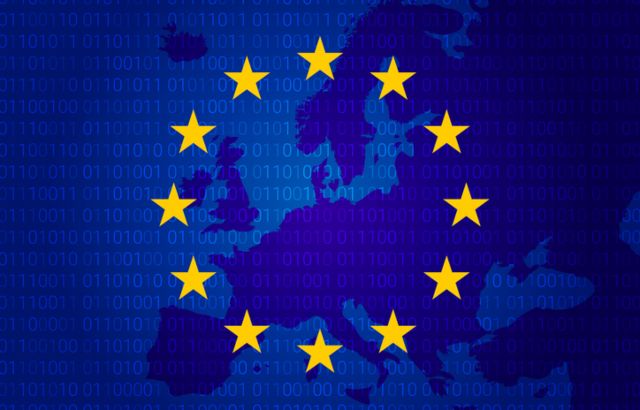The Commission has announced that it is seeking a fully-fledged solution to solve the problem of insufficient environmental, social and governance (ESG) data quality.
In a speech on Monday, the Commission’s Alain Deckers said that reporting and key performance indicators as tools to increase ESG data quality are not sufficient.
“We are not going to achieve everything through disclosure and reporting requirements,” the head of unit of corporate reporting, audit and credit rating agencies at DG Fisma at the European Commission added.
“Reporting is certainly an important part of the picture, even if it isn’t necessarily the answer to all the problems,” Deckers said at a conference by the Alliance for Corporate Transparency, a project organised by civil society organisations and experts, attended by Expert Investor.
While a European reporting standard is one obvious tool, a powerful behavioural incentive for corporates to provide quality ESG data is for them to understand that they may otherwise suffer a higher cost of capital, he said.
Deckers also pointed to other possible tools, including aspects of corporate governance, due diligence and changing company organisations by breaking up silos.
Legal urgency to fix issue
The news comes as the EU recently initiated a review of the EU Non-Financial Reporting Directive (NFRD), as it failed to deliver comparable or reliable sustainability reporting data.
A report by the Alliance for Corporate Transparency, which was released as part of the conference, provided evidence that companies’ sustainability reporting in Europe is insufficient.
Deckers also highlighted the urgency to act in the face of not only a broader political sustainability imperative but also a legal one.
“The political context has moved on; the legal context has moved on; and the market context has moved on,” he said.
Investors need adequate information on ESG, so that they can respond to legislation requiring them to disclose sustainability-related information about their investments, products and strategies, Deckers explained.
European reporting standard
On 28 January, European Commission executive vice-president Valdis Dombrovskis announced, as part of the European Green Deal Investment Plan, that “there is also a need for clear reporting standards for companies to apply”.
“The EU is well placed to address this situation – and show leadership in building consensus for a set of standards that can be widely accepted. The best and most widely accepted elements of what exists today will be our starting point.”
If a European reporting standard is established, it would mean a major breakthrough in helping to align ESG data.
Currently, companies are allowed to apply different reporting frameworks.
The chief executive of the Global Reporting Initiative (GRI), Tim Mohin, commented: “We need to support the global common language for reporting, backed by strong policy and oversight.”
Beyond standards
Bastian Buck, chief of standards at the GRI, said that regulatory interventions are needed which fall outside a reporting standard.
This would get companies to deliver on year-on-year performance targets.
A big step forward, he said, is if regulators set expectations to companies to actually perform due diligence regarding all sustainable development issues on an ongoing basis.
Sebastien Godinot, economist at the WWF European Policy Office and head of the sustainable finance unit, agreed; saying that beyond a standardised reporting, corporate governance intervention is needed.
In the face of “the climate disruption, the environmental disruption, the inequality disruption, that might destroy our society and our planet”, moving to corporate governance is needed as an immediate step, he noted.
“We need a regulation on directors’ duties; including, in our view, elements on mandatory sustainability strategies, and hard measurable targets, science-based where feasible, for large corporates. And we need a third regulation on due diligence, human rights and environmental due diligence.
“We have the opportunity to make this work right now, and we should move forward very quickly,” Godinot urged.







